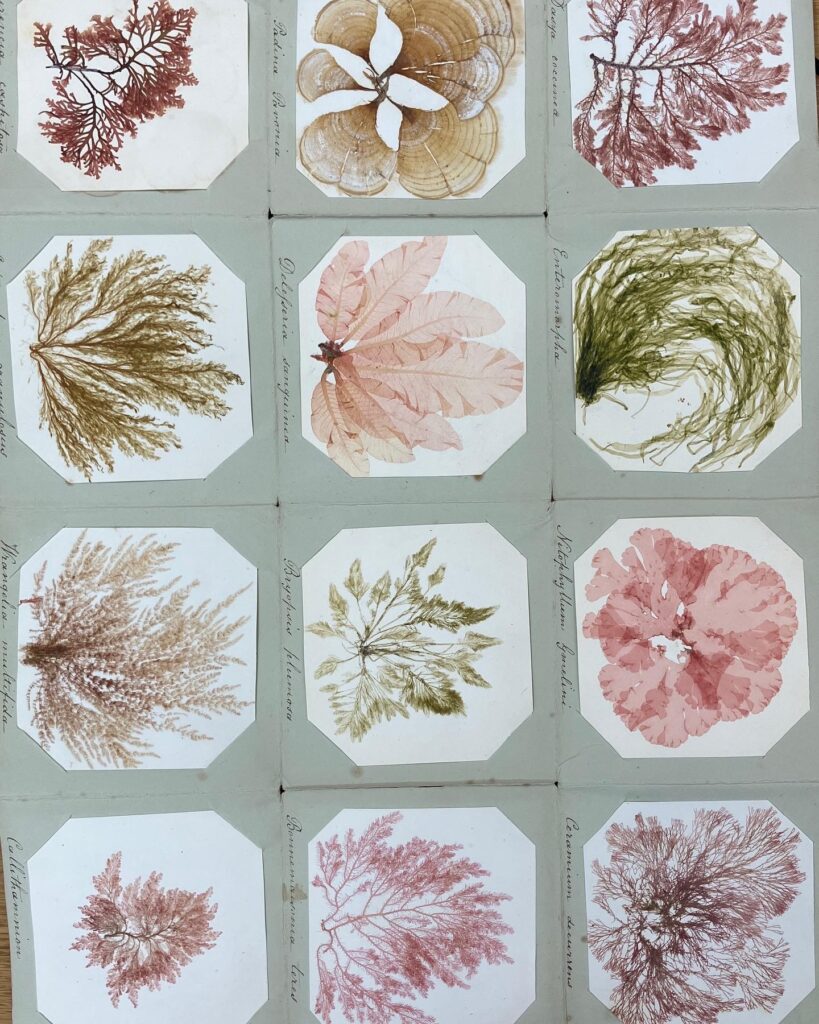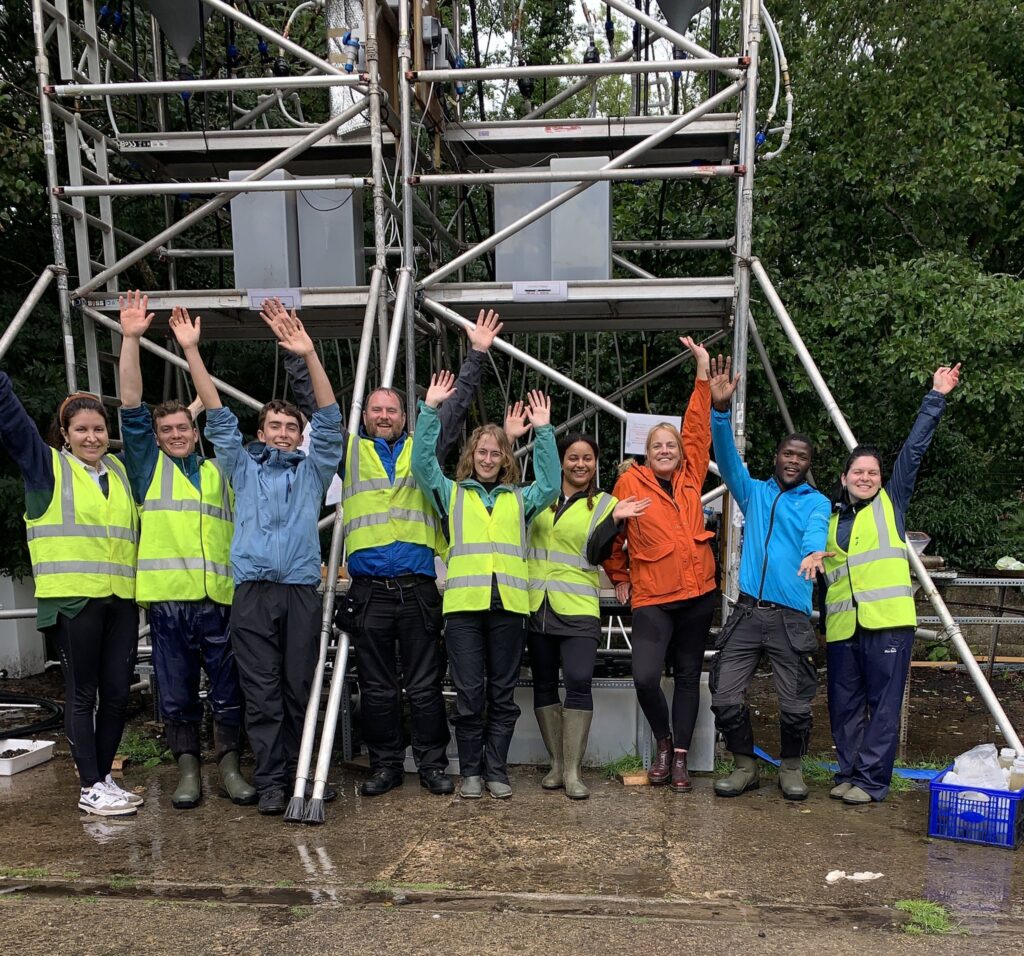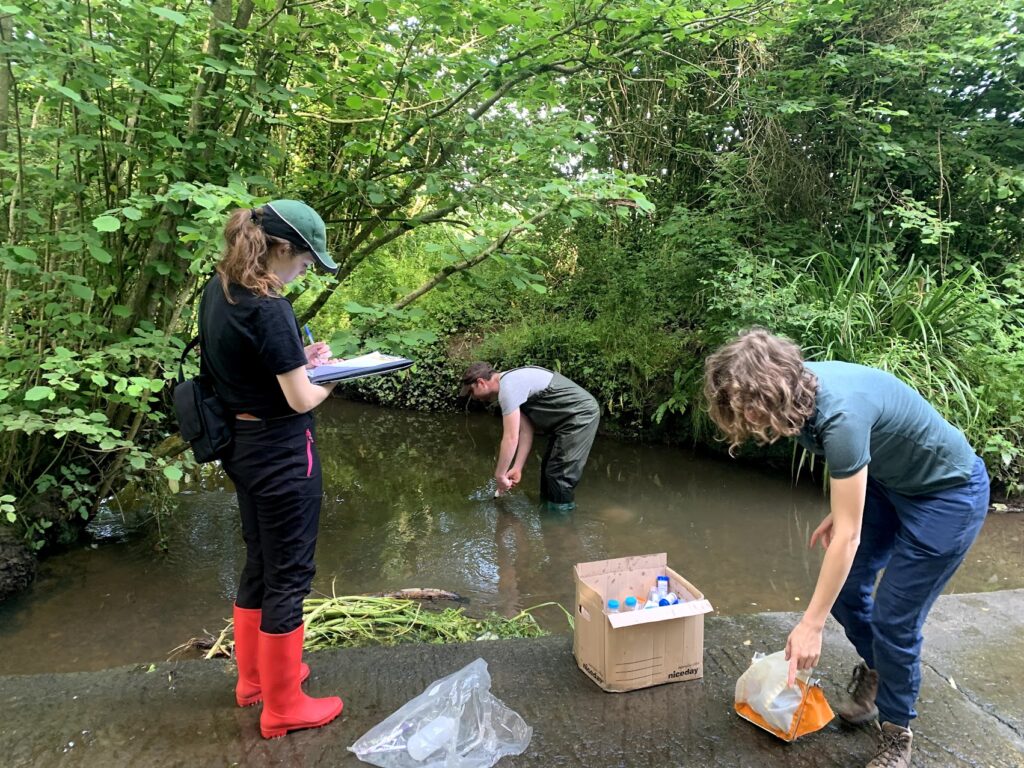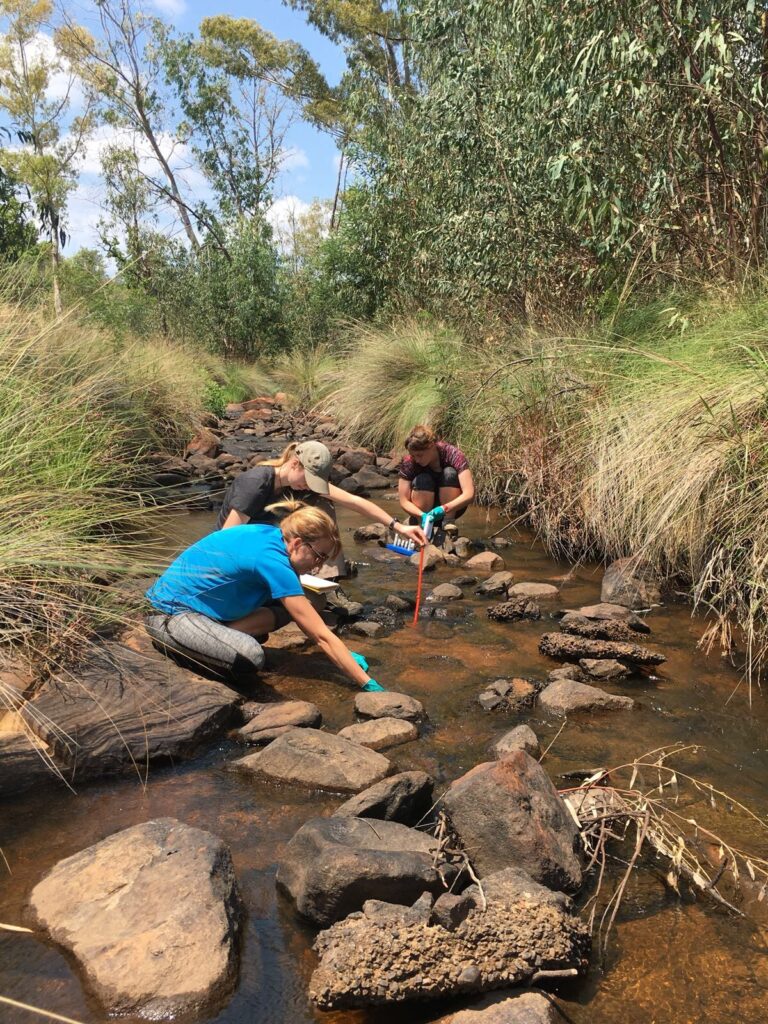Changing Rivers
River ecosystems are threatened by multiple anthropogenic stressors. This includes those within the water body (e.g., invasive fish, sewage outflows), in the surrounding catchment (e.g., agricultural runoff, habitat fragmentation), and the global stressor of climate change. We are interested in how the magnitude and impact of these stressors (and their interactions) have changed over time. We have various projects in the UK and South Africa which are outlined below.



